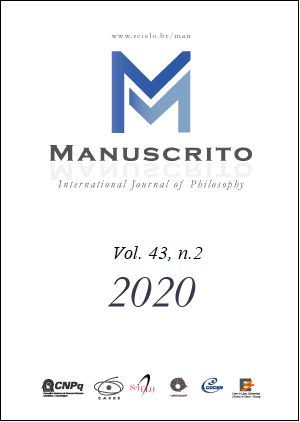Abstract
Moore’s Paradox is a test case for any formal theory of belief. In Knowledge and Belief, Hintikka developed a multimodal logic for statements that express sentences containing the epistemic notions of knowledge and belief. His account purports to offer an explanation of the paradox. In this paper I argue that Hintikka’s interpretation of one of the doxastic operators is philosophically problematic and leads to an unnecessarily Strong logical system. I offer a weaker alternative that captures in a more accurate way our logical intuitions about the notion of belief without sacrificing the possibility of providing an explanation for problematic cases such as Moore’s Paradox.
References
Hintikka, J. (1962). Knowledge and belief: An introduction to the logic of the two notions. Ithaca: Cornell University Press.
Green, M. S., & Williams, J. N. (Eds.) (2007). Moore's Paradox: New essays on belief, rationality and the first-person. New York: Oxford University Press.
Moore, G. E. (1942). A reply to my critics. In P. A. Shilpp (Ed.), The philosophy of G. E. Moore. New York: Tudor Publishing Company.
_____. (1944). Russell’s ‘theory of descriptions’. In P. A. Shilpp (Ed.), The philosophy of Bertrand Russell. New York: Tudor Publishing Company.
Rieger, A. (2015). Moore’s paradox, introspection and doxastic logic. Thought, 4, 215–227.
Searle, J. (1969). Speech acts: An essay in the philosophy of language. Cambridge: Cambridge University Press.


